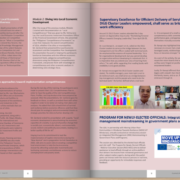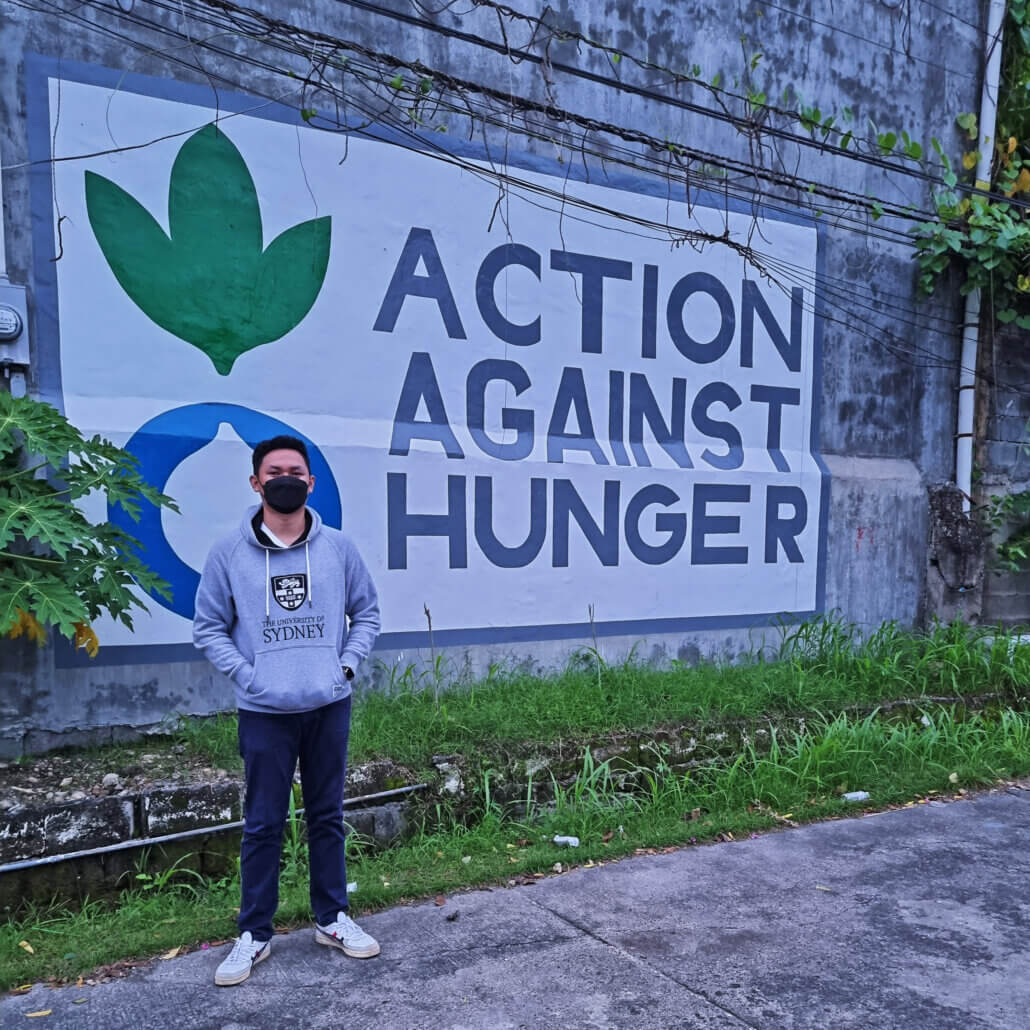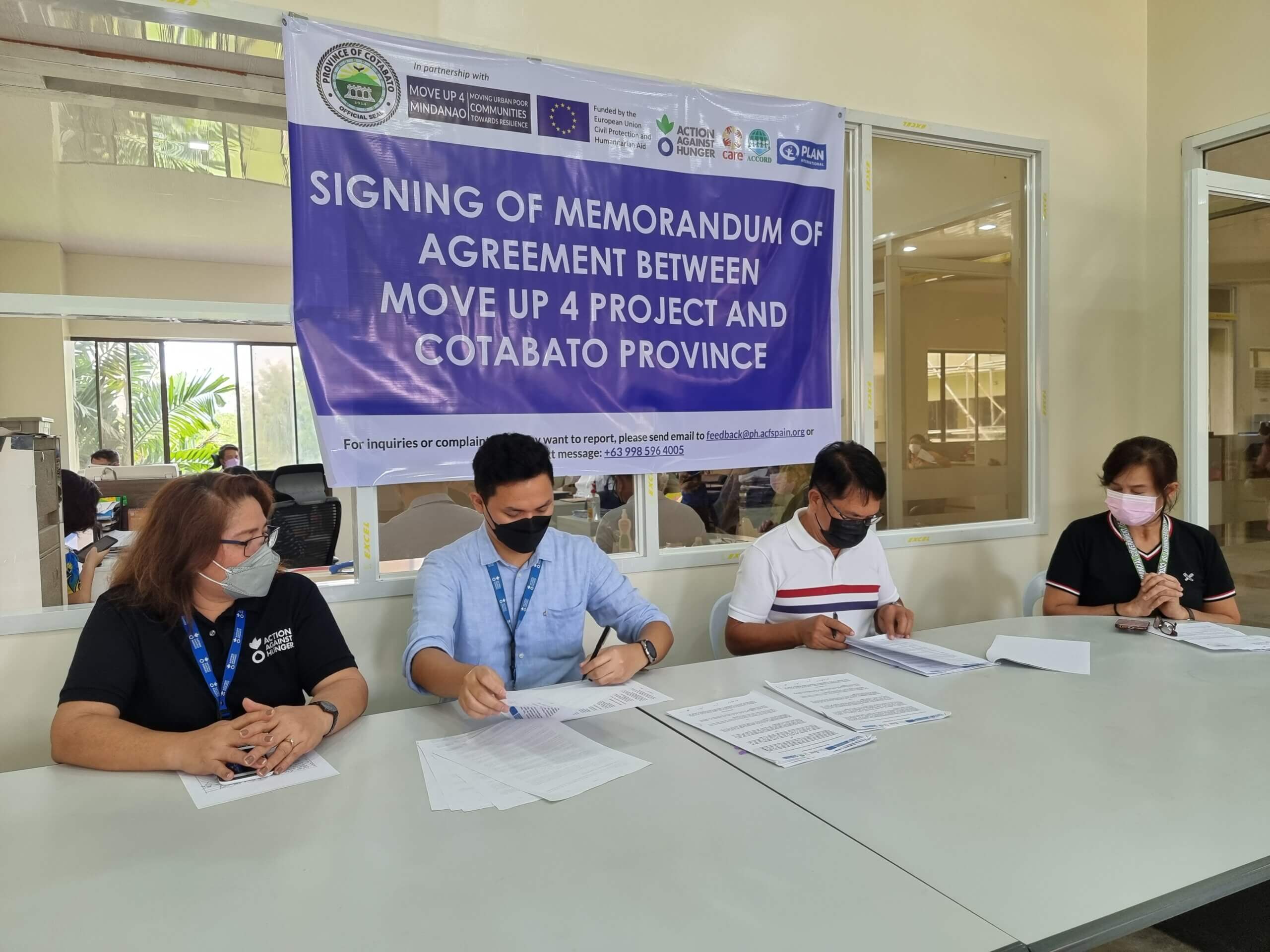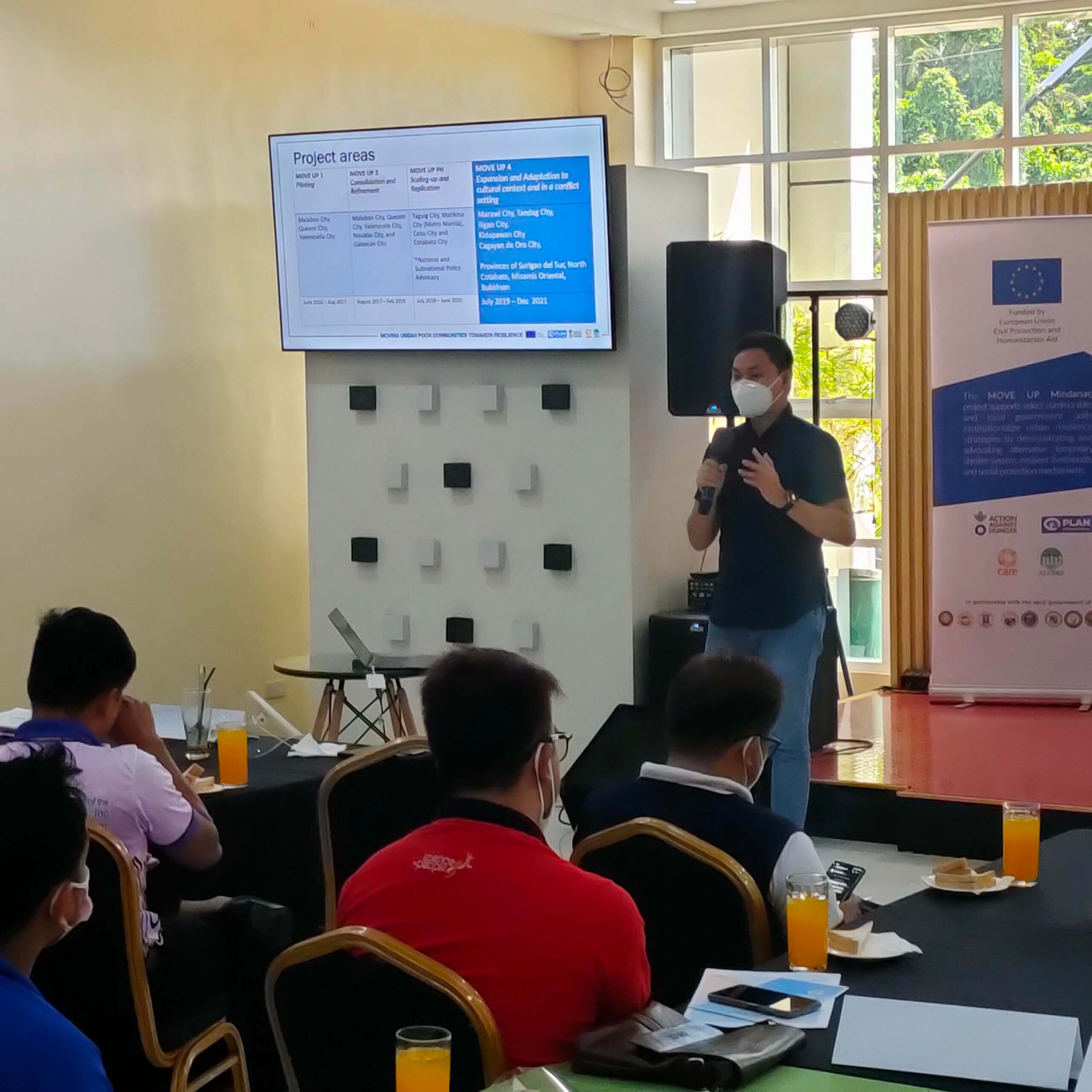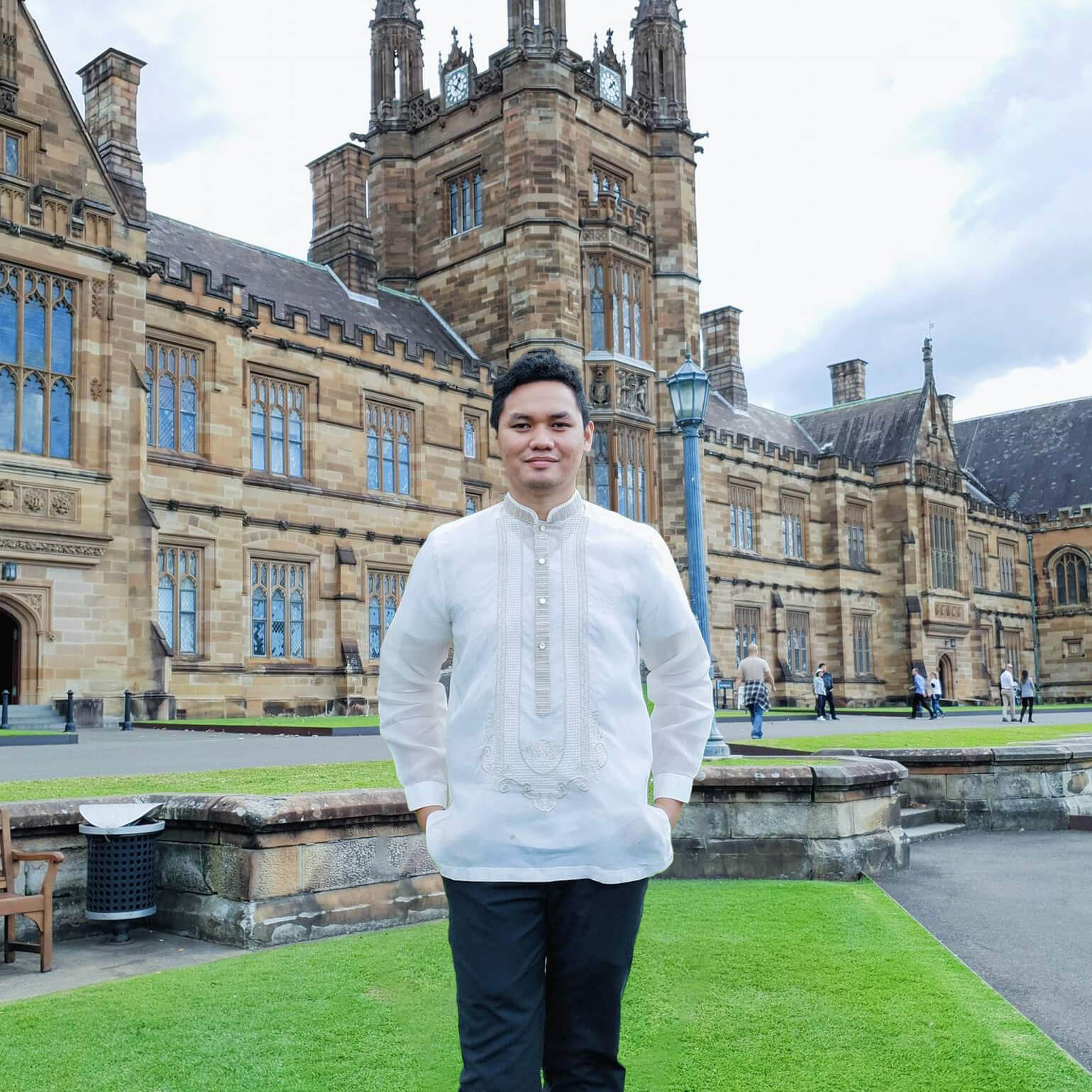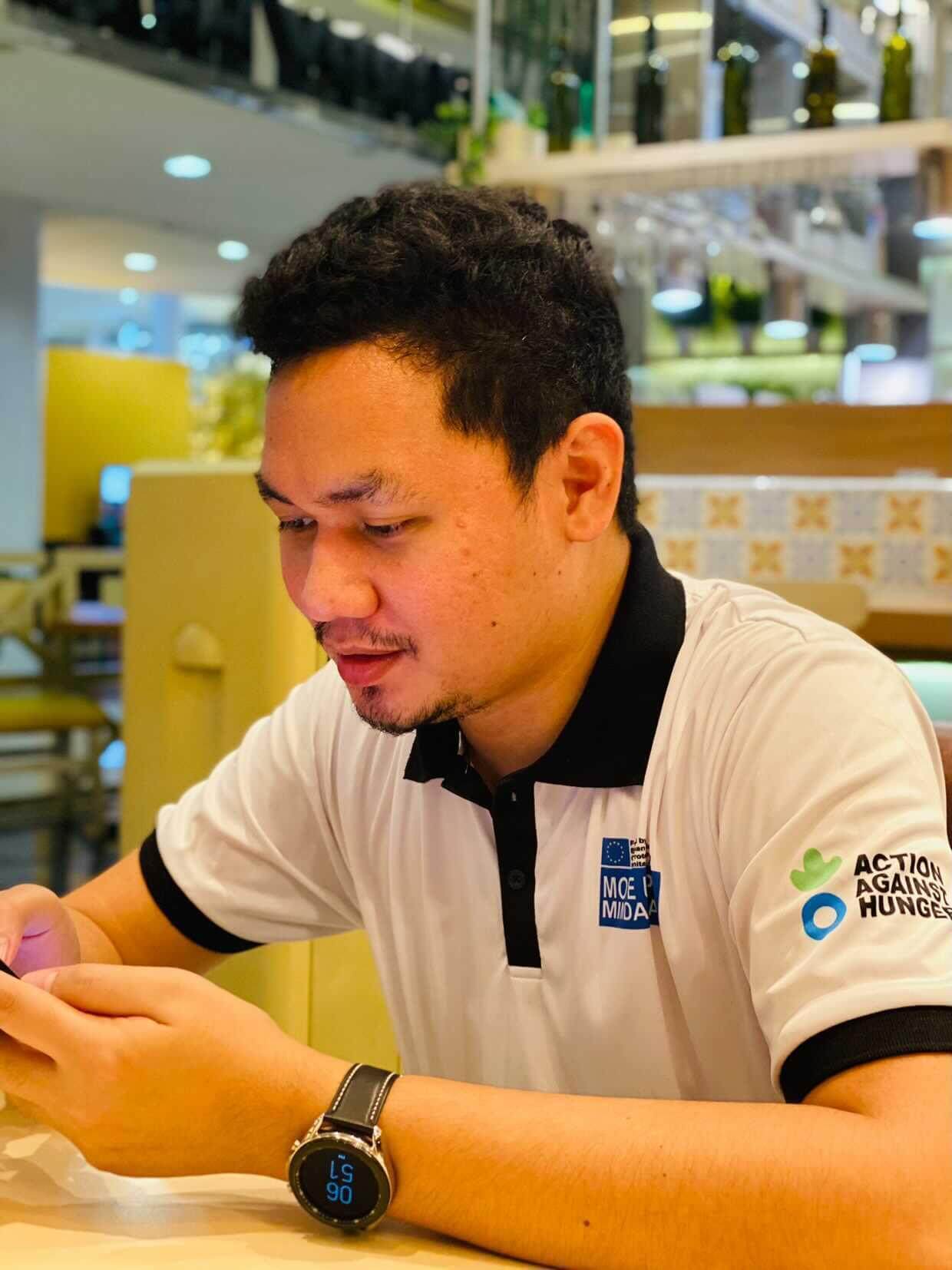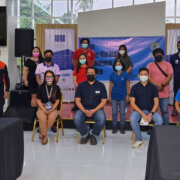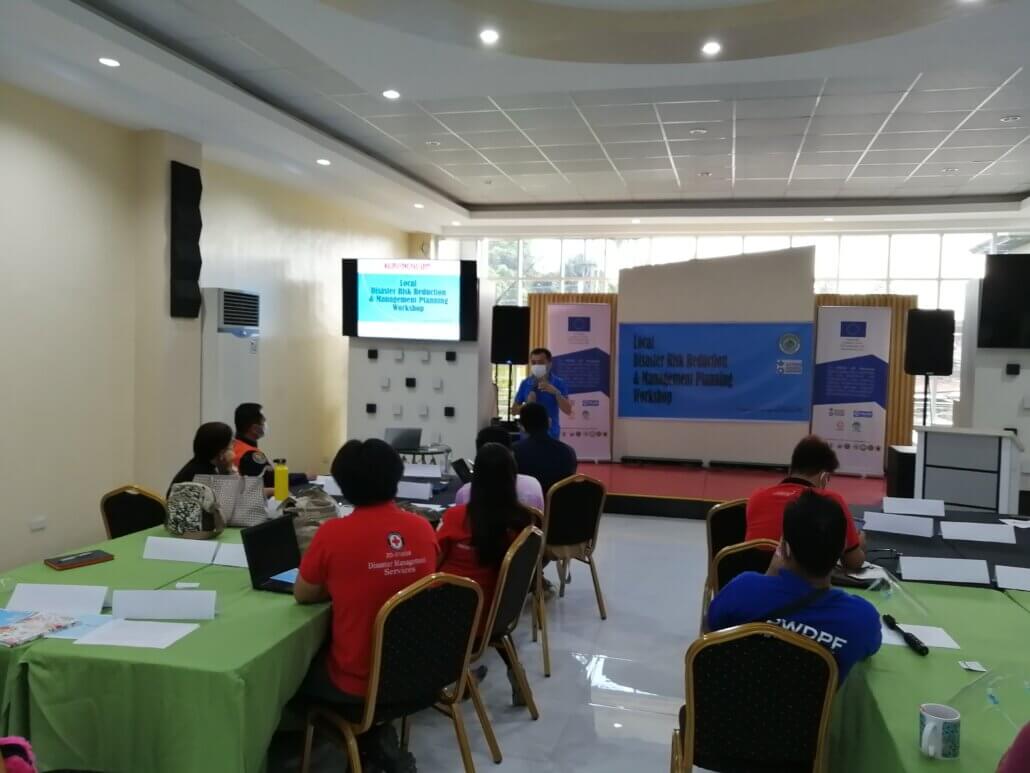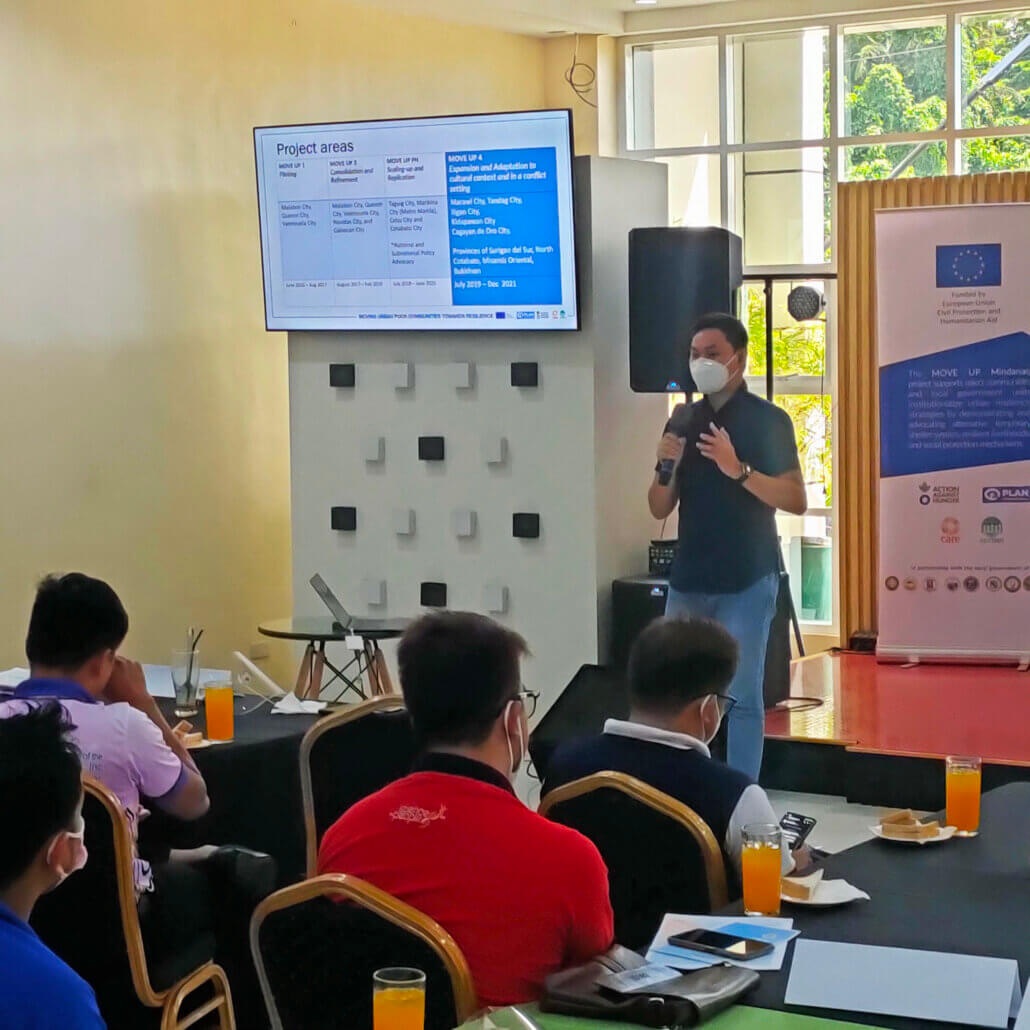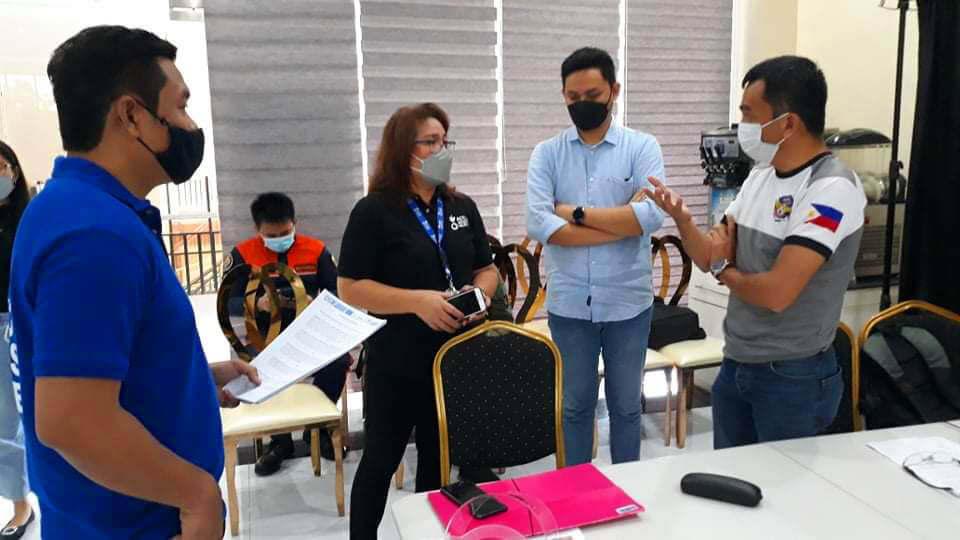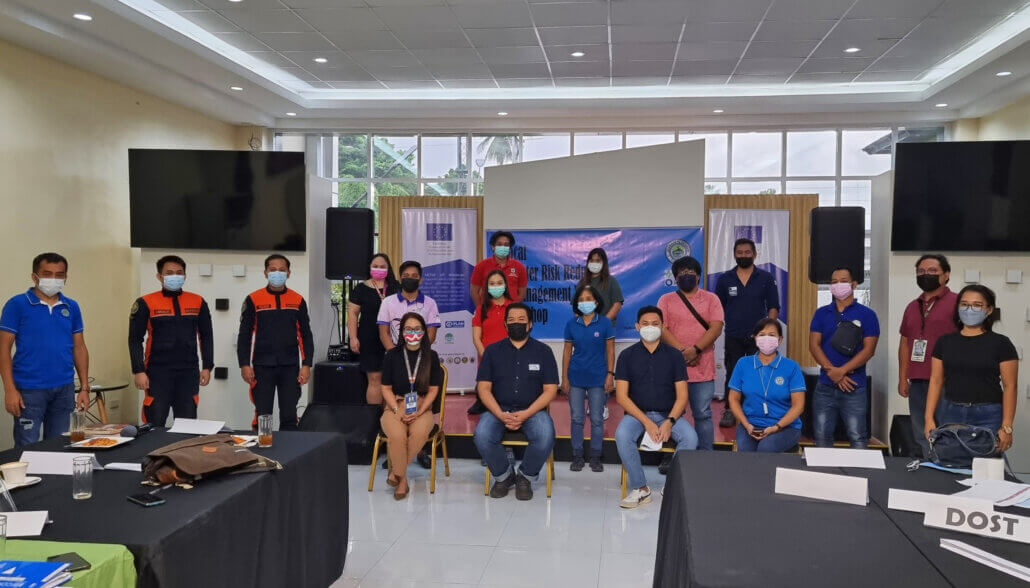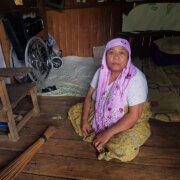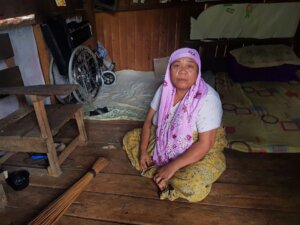Real Life Heroes – Lyndon Arbes
For Lyndon Arbes, being able to spark change and making a lasting impact in society is both his pride and joy. The drive to help others in need emanates from a propensity to put himself in the others’ shoes. This, he shares, is rooted in his personal experience during his humble beginnings.
Now working as the Deputy Head of Project for our MOVE UP Mindanao project, Lyndon shares with us the lessons he gained from his 22 years of working as a humanitarian worker, or rather, as a real-life hero.
What is your role in Action Against Hunger?
I am currently the Deputy Head of Project for the Moving Urban Poor in Mindanao Towards Resilience (MOVE UP 4) project. My role for the project is to manage, coordinate, implement, monitor, and evaluate all the activities in Action Against Hunger in strengthening the resilience of the urban poor against human, natural and climate-induced hazards. We do this by building and supporting the capacities of communities on resilient livelihoods. The project also advocates for the inclusion of alternative temporary shelters, technical assistance on camp management, social protection, and/or risk-transfer modalities in local government disaster risk reduction management plans.
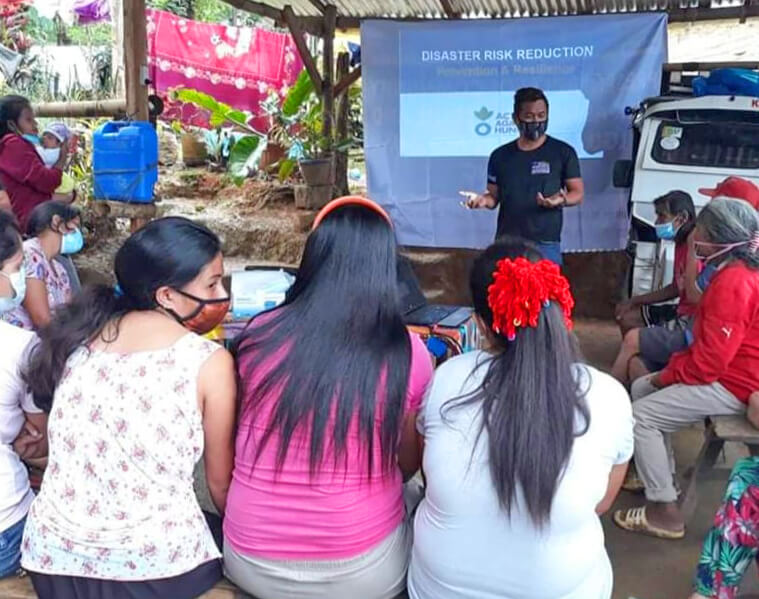
Photo courtesy of Lyndon Arbes
How long have you been working as a humanitarian worker?
I have been in the development work and humanitarian for 22 years now.
What motivated you to become a humanitarian worker?
Coming from a poor family, I fully understand how difficult life can be. I empathize with communities, especially with our farmers and other vulnerable sectors, who have experienced devastating impacts of disasters—losing livelihoods over and over, or grieving over lost lives.
Being a development and humanitarian worker is a noble work and profession that provides me the opportunity to give back to the people in need. Through my work, I am able to help others improve their socio-economic condition, protect their lives and livelihoods, and enabling them to withstand and bounce back after disasters. Seeing their faces brimming with so much joy is what inspires me most.
Why are you making this sacrifice?
We are all human and everyone deserves help. We need to care for others the same way we care for ourselves, and our families.
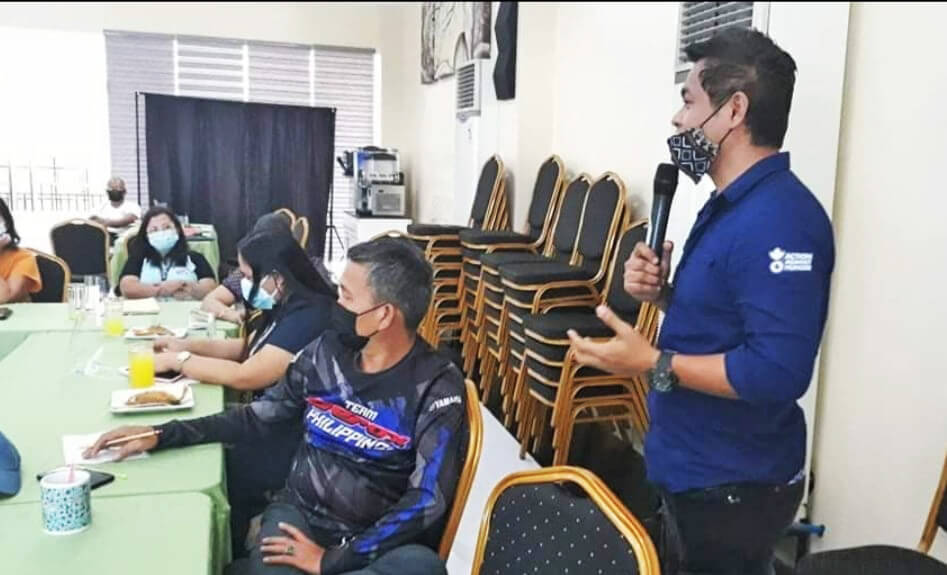
Photo courtesy of Lyndon Arbes
What have been the challenges to your work?
Working in the development sector is sometimes a very complex process considering that communities we work with have different social, cultural, and political contexts. So, sometimes you need to be creative and innovative in the ways you advocate them. Adding to this challenge is the current COVID-19 pandemic which brings us certain limitations. But we make our maximizing our efforts now more than ever in enabling communities to be more vigilant in case of potential crises, while at the same time learning to exercise caution against COVID-19.
What motivates you to keep doing your work even with these challenges?
Working with farmers and the most vulnerable sector of our community has always been my passion. Seeing them transform their lives with smiles on their faces gives me a sense of fulfillment, and also my source of motivation.
What are you most proud of?
In my 22 years of working with humanitarian organizations, what I am most proud of is being part of a community that is helping improve the lives of many with the utmost sincerity and passion. I am proud to have this as my legacy.
Just recently, we were able to mobilize around twenty-seven community savings groups in Kidapawan City with total savings, social funds, and livelihood amounting to 1.5 million pesos. These savings came directly from all the members, which they managed to accumulate in less than a year. It makes me proud how a change in their mindset and attitude has allowed them to achieve this milestone—not only are they financially literate and independent but they are also more prepared and resilient.
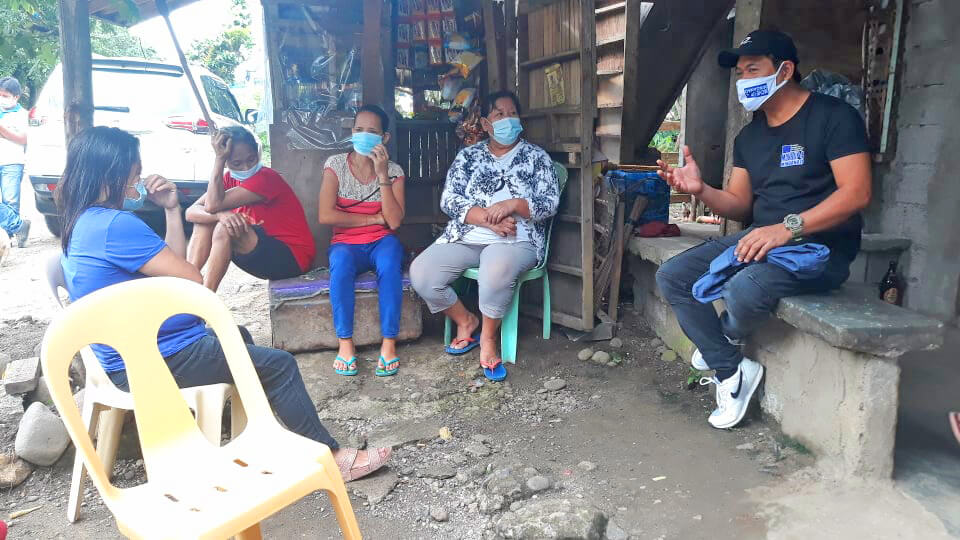
Photo by Jan Azucena for Action Against Hunger
What climate change impact have you seen with your own eyes?
Climate change is real, and it’s been happening not only now but even way back. If you saw on TV that the glaciers are continuously melting which is resulting in rising sea levels, this means changes in our climate patterns are now being characterized by extreme weather events. The fact that El Niño and La Niña are becoming more intense is one of the many shreds of evidence that climate change is real.
How are you taking action against climate change?
Climate Change is a global issue but solutions can be started right at the community level. There are plenty of ways we can do to fight climate change. One is to simply reduce our own carbon footprints. We can also plant more trees and advocate for change—change other people’s attitudes and be more caring towards our environment.
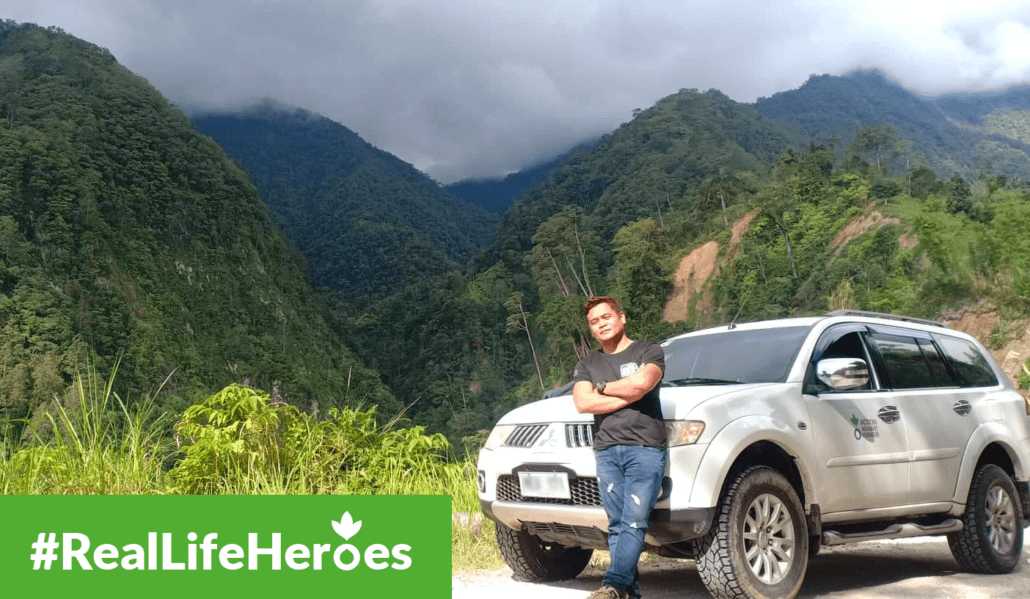
Photo courtesy of Lyndon Arbes
- Photo courtesy of Lyndon Arbes
Moving Urban Poor Communities Toward Resilience (MOVE UP 4) is an urban disaster risk reduction (DRR) project which aims to build resilience among urban poor communities in Mindanao. With funding from the European Union, MOVE UP 4—also known as MOVE UP Mindanao—is implemented by a consortium of partners consisting of Action Against Hunger Philippines, Plan International Philippines, CARE Philippines, and their local partner ACCORD Incorporated. Read more













